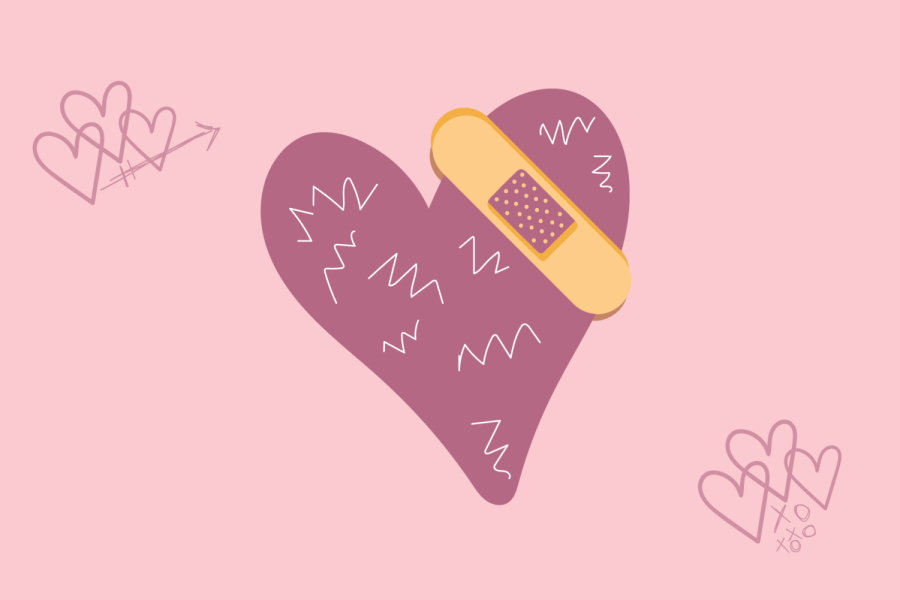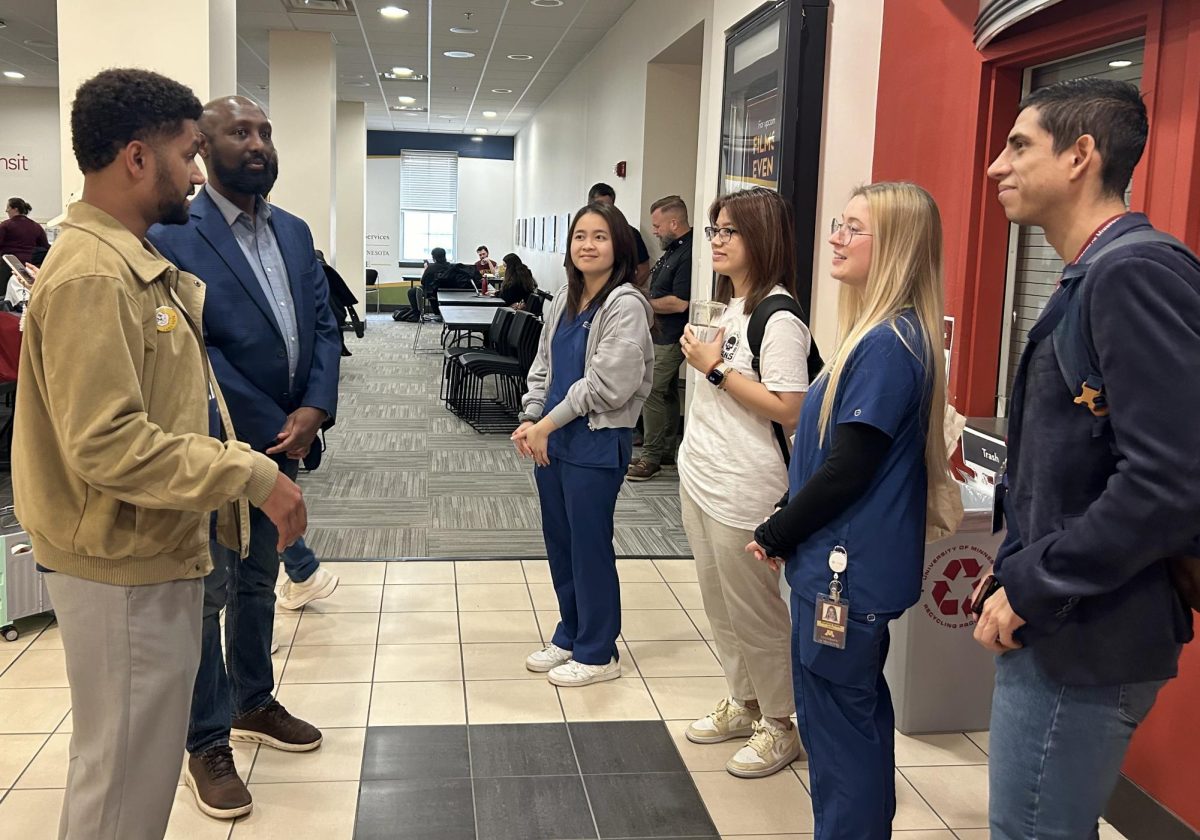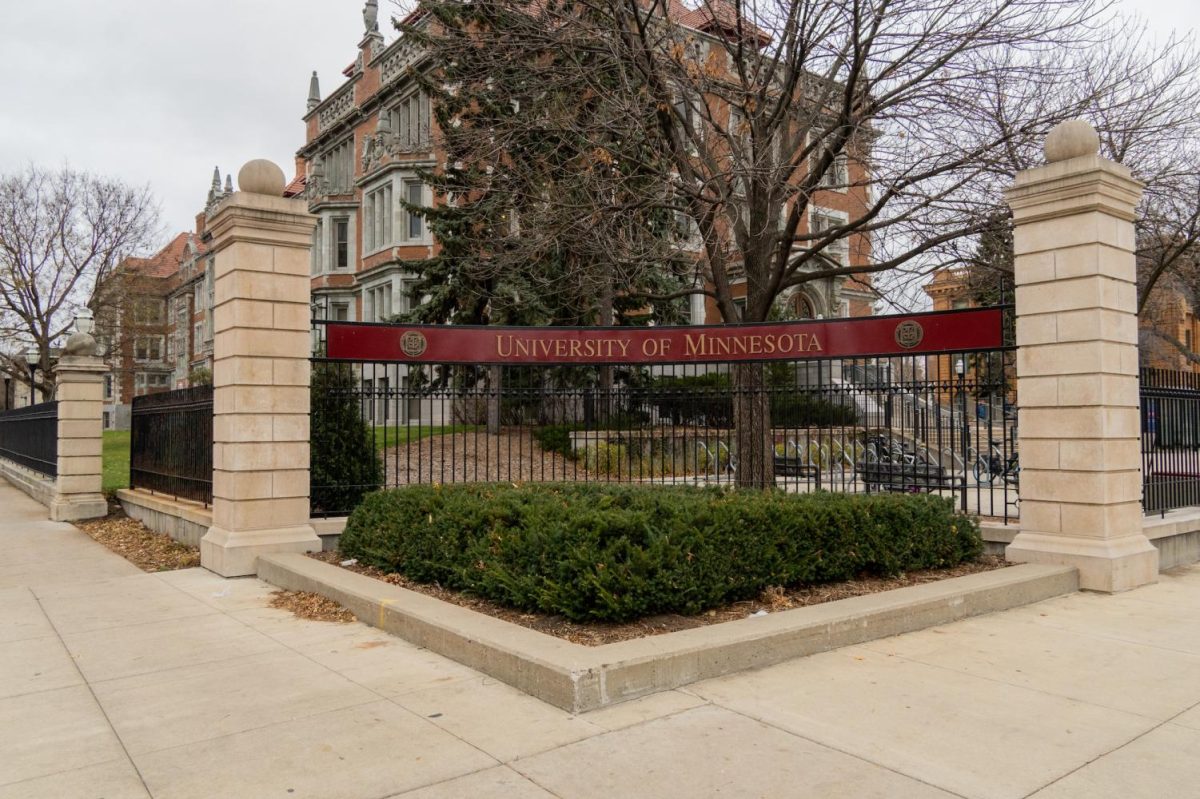University of Minnesota researchers continue to study heart assist devices along with proper diet and exercise for heart health during American Heart Month.
Heart disease is a leading cause of death in Americans. February is a time that promotes advocacy for heart disease, while also giving insight into developing findings and devices.
Rebecca Cogswell is a heart failure specialist in the Cardiovascular Division at the University’s medical school and a pioneer in research of heart assisting devices as a form of therapy.
Cogswell said as a child, she remembers her dad often being sick and breathless, which impacted her family’s lifestyle but also elicited her passion for work in the cardiovascular sector.
“We would do things like drop him off out front of the store, never expecting him to walk up a hill, and he just slowly got worse over time,” Cogswell said. “I was pretty interested in medicine and what was going on with him even as a teenager…I knew that I was going to be a physician, even when I was sort of 18 or 19 years old.”
Heart assist devices and other therapies used to treat heart disease
Cogswell has done extensive research on a left ventricular assist pump, which was originally used to bridge the gap to transplants and is now used routinely for patients who are not considered for transplant as a part of destination therapy.
Cogswell said she hopes to see fully developed implanted technology within the next decade without external components, such as batteries, to make them more comfortable and compact devices for a patient to wear.
One device commonly used is called the HeartMate device, made by Abbott lab, Cogswell said.
“It includes a cannula that sews into the left ventricle that blood sucks into the left ventricle and then it goes out a hose into the aorta,” Cogswell said. “So it’s literally sucking blood out of the ventricle and sending it where it’s supposed to go at about five liters per minute.”
Assistant professor of medicine in the Cardiovascular Division Forum Kamdar said when she was a medical student, heart assist pumps used to weigh close to four pounds. She said they are now smaller, more durable and technologically advanced.
Diet and exercise for heart health
Kamdar said college students can educate themselves on the American Heart Health Life’s Essential 8, which is a guide on how to maintain good heart health. Heart-healthy habits include being more active, getting a healthy amount of sleep and managing blood sugar.
Prabhjot Nijjar, assistant professor of medicine in the University’s Cardiovascular Division, said in an email to the Minnesota Daily that the best diet for heart health is following a vegetarian or a Mediterranean diet. He said he recommends getting proteins from foods such as beans or lentils and minimizing red meat consumption.
Nijjar also said it is important to get at least 150 minutes per week of aerobic exercise, which can include activities such as walking at a brisk pace.
Detection and signs of heart attacks
Kamdar said chest pressure, tightness and pain radiating down the left arm are some symptoms of a heart attack; according to the Centers for Disease Control, someone has a heart attack every 40 seconds in the United States. She also said different symptoms can present themselves depending on the person.
“Some women don’t present the classical signs, often expressing signs of fatigue, so knowing the signs is extremely valuable,” Kamdar said.
Kamdar also said going to the doctor regularly to take blood pressure measurements and get cholesterol levels checked is important because it increases the likelihood of detecting and treating risk factors for heart disease.
“I hope the annual heart month is a reminder to all of us to take better care of our hearts,” Nijjar said.














